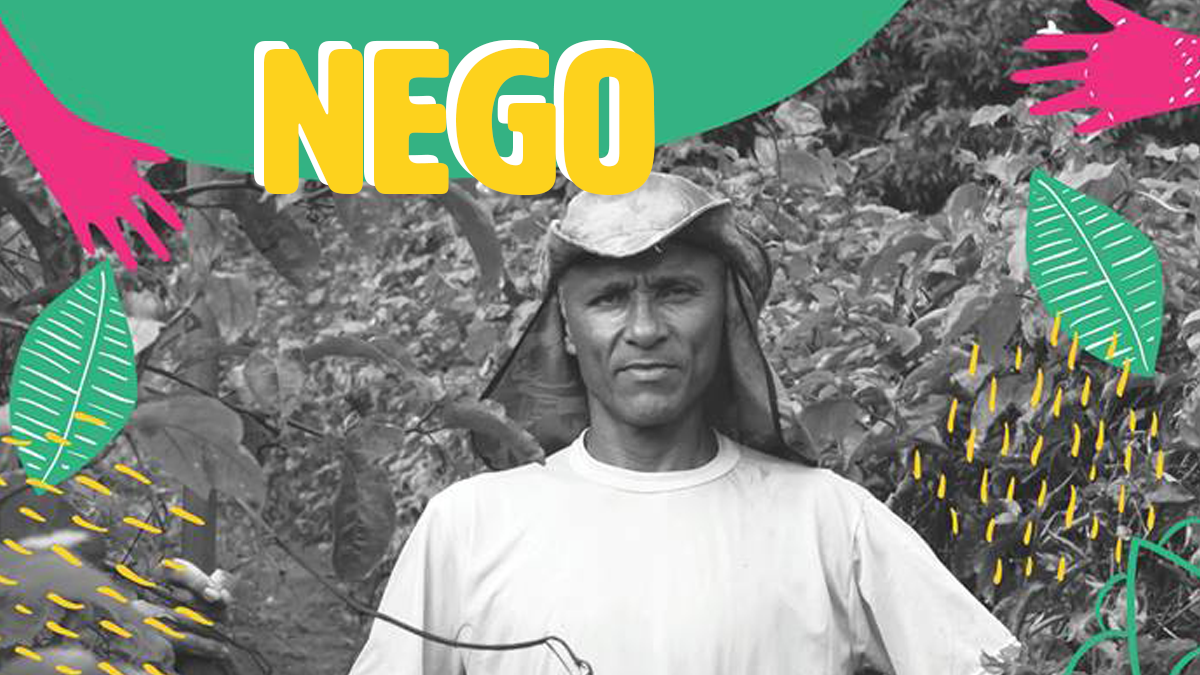"Quando o povo se junta, o poder se espalha": ("When the people gather, power spreads")
United Purpose’s (UP) programme in Brazil is campaigning to raise awareness of the power of participation in community organisations. Now in its second year, we’re featuring some of the incredible community group members participating in the campaign to find out how collective action has changed their lives.
“Our Community Has Our Voice” is aiming to reach 3 million people in the Brazilian states of Paraíba and Ceará. Both situated in the northeast region of Brazil, they are some of the poorest regions in the entire country, with over 1 million people living in poverty in Paraíba alone.
Over the past few years, UP has worked to increase the power of marginalised groups in these areas, empowering them to gain a better understating of their rights, and the skills and confidence be able to stand up and claim them.
The campaign slogan – “when people come together, power spreads” –is being broadcast on the main TV channels in Paraíba and Ceará, radio advertisements and social media, as well as posters, calendars, hats and T-shirts.
Using the power of community to overcome marginalisation, exploitation and corruption has been transformative for many, from members of workers' organisations to youth groups.
Here are just a few of their stories:
Maria Nilma is a waste picker in the city of Patos in Paraíba. She’s an active member of Patos’ association of waste pickers who formed to improve working and living conditions for vulnerable waste collectors. The group has since bought a depot with new machinery to press their recycled products, speeding up the process and increasing incomes. They have also been able to negotiate with government for improvements to their electricity supply and are also working to reduce high levels of illiteracy within the workforce, using the depot as a classroom where collectors are learning to read.
Elisandra is a Philosophy and Psychology student from Campina Grande, a large city in Paraíba. She joined the NGO ‘Pró-Adolescentes Mulher Espaço e Vida’ (Pro-teens, women, space and life) when she was nine years old, and today she manages the institution. As well as studying for her two degrees, she is a social adviser working for the town hall of Campina Grande. Since she was very young, Elisandra has believed that “our community has its own voice”.
Neide is a seafood vendor from the city of Pitimbu in Paraíba. Through the Association of Seafood Vendors of Açaú, she has been able to access several courses on crafts, food preparation and seafood cookery. Because she cannot collect seafood herself, her involvement in the Association has meant that she is able to improve her business in other ways. “Action changes lives!” she says.
José Soares, “Nego”, is a farmer in Pitimbu, Paraíba. Nego has been a member of the Settlement APASA, an agrarian reform settlement, fighting for the community’s rights since 1994. Thanks to the efforts of his community, today he owns his own land where he is raising his family and can make a living off what he produces. His children are farmers and his grandchildren are able to attend school. There are 150 families in the community who own 5.5 hectares each. But the feeling of pride belongs to everyone.
The three-year campaign is one activity of the project 'Improving Mechanisms for Participation and Social Accountability' in the Northeast region of Brazil. The project informs people in Paraíba and Ceará about participatory democracy and their role in it, and its importance in the fight against corruption. The project is run by Casa Pequeno Davi and Rede de Educação Cidadã in partnership with the Instituto Frei Bede, Menina Feliz and United Purpose, co-funded by the European Union.








